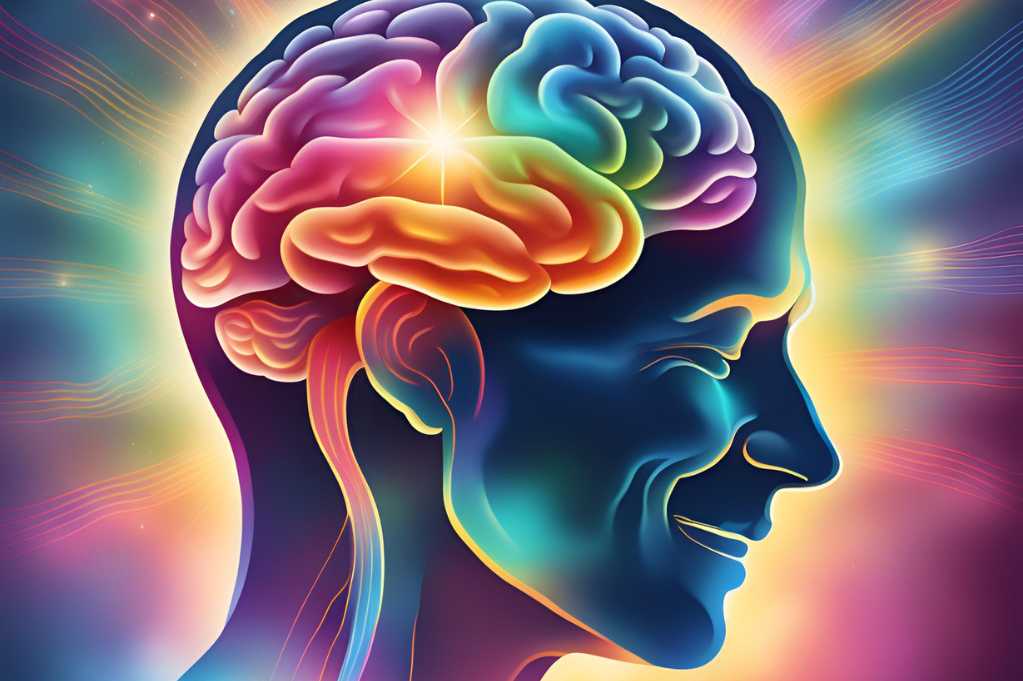
Dopamine is the neurotransmitter in our brain that is responsible for pleasure, reward seeking, and motivation. When dopamine is released, it signals that an action is worth repeating, driving the pursuit of certain activities that offer potential rewards. Importantly, dopamine often spikes in anticipation of a pleasurable stimulus, motivating us to seek it out before we’ve even experienced it.
In a world filled with instant gratification, dopamine-releasing experiences are easy to come by. Common behaviors like scrolling through social media, texting, video gaming, or eating sugary foods are often cited as activities that cause dopamine surges in the brain.
Dopamine Fasting
The practice of “dopamine detoxing” or “dopamine fasting” suggests that taking a break from these pleasurable experiences might help regulate dopamine levels. This school of thought believes that the more dopamine is released, the higher a person’s tolerance becomes, requiring more and more stimulation to feel good. By taking time to avoid activities that are thought to overstimulate the brain’s reward system, a person might feel less attached to compulsive behaviors and be able to refocus their energy toward other habits.
However, this narrative can give dopamine a bit of an unfair reputation. Dopamine is essential for regulating behavior, and pleasure is a fundamental part of the human experience. Instead of eliminating experiences that bring us joy, we should focus on when and why we’re seeking these outlets throughout the day.
Besides, dopamine regulation is complex, involving at least five major pathways, and 5 major dopamine receptor types and numerous subtypes. The release of dopamine is a natural and continuous process, and there is no scientific evidence suggesting that abstaining from pleasurable activities will “reset” the brain’s dopamine system. While taking breaks from overstimulation can help reduce distractions and enhance mindfulness, it won’t permanently change dopamine production. Instead, these breaks can provide cognitive- and mood-boosting benefits that come from mindfully and purposefully engaging with life.
Mindful Engagement
Often, these so-called dopamine-driven behaviors—whether it’s grabbing our phones or reaching for a sugary snack—are actually just impulsive ways to escape from the discomfort of the present moment. Questions to ponder might be, Why are we reaching for these things in the first place? What’s going on in our bodies and minds that’s leading us to seek distraction?
Instead of trying to eliminate pleasurable activities altogether, it is more sustainable to reduce dependence on habits that are used as a way to “exit” connection with the body, including uncomfortable sensations such as anxiety, sadness, and boredom. Being more mindful about how we engage with entertainment, social media, or food can help us stay connected to ourselves and the present moment, making these experiences more fulfilling.
Here are a few simple steps to help support mindful awareness and give us more control over our choices:
Step 1: Pay Attention to Your Emotions.
Take time throughout the day to check in with yourself and ask, “What am I feeling right now?” This helps build awareness of shifting emotional states.
Step 2: Slow Down and Pause.
Before diving into any activity, acknowledge your impulse. Simply saying, “I’m reaching for my phone,” can create a moment of mindfulness.
Step 3: Get Curious About Your Feelings.
Take a moment to explore the emotions behind your impulses. For example, ask yourself, “What feeling is driving my impulse? Am I using social media to avoid feelings of stress, or am I seeking connection? Why am I opposed to being with this emotion? Are there other ways I can address this feeling?”
Step 4: Build Tolerance for Discomfort.
Sometimes, we turn to instant gratification to avoid uncomfortable emotions. Challenge yourself to sit with that discomfort for just 20 more seconds before acting on it. Over time, this builds resilience.
Incorporating mindfulness practices, like meditation, yoga, or deep breathing, can also help with staying connected to the present moment. Activities like gardening or taking a walk in nature are great ways to practice being present while also giving yourself a break from overstimulation. Turning off notifications or setting aside screen-free times during the day can also reduce the urge to disengage.
Conclusion
We’re not always going to be 100% engaged in every moment of life, and that’s okay. Sometimes distractions are necessary to cope with discomfort. The goal isn’t to be perfect, but to be mindful. Understanding dopamine’s role in behavior, making connections to how this feels in our own bodies, and encouraging mindfulness can help us develop long-lasting resiliency and richer day-to-day experiences, including mental clarity, focus, and sense of wellbeing.







